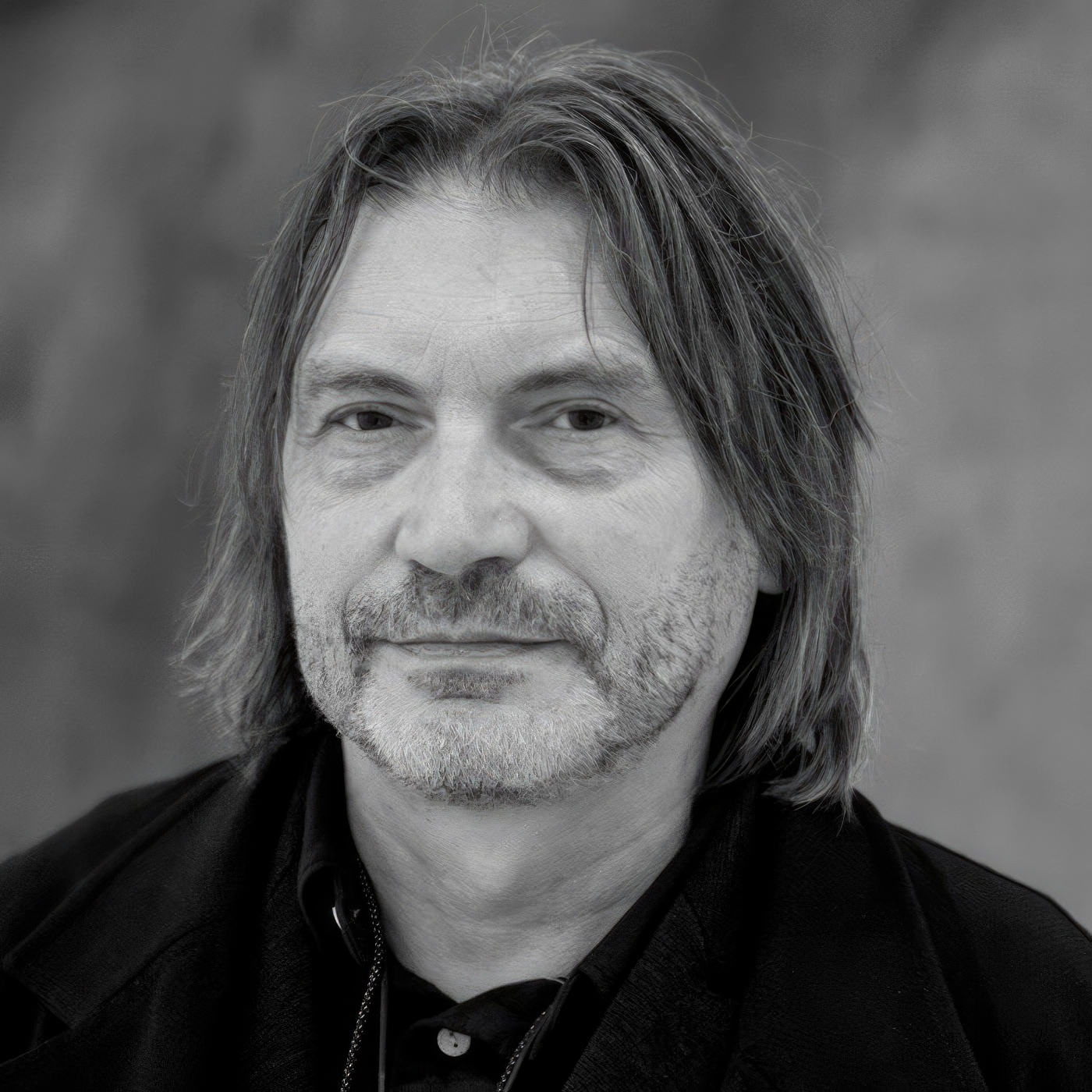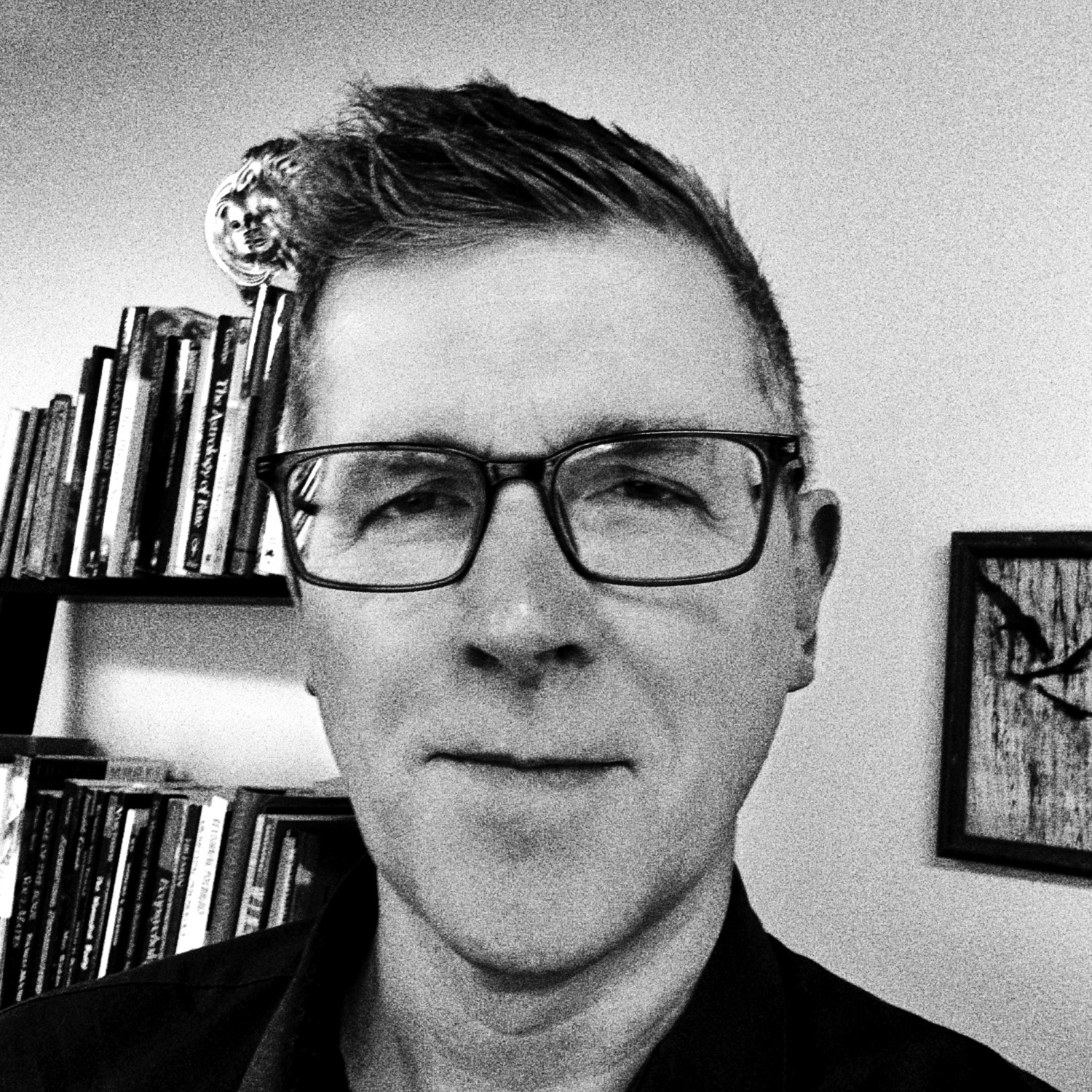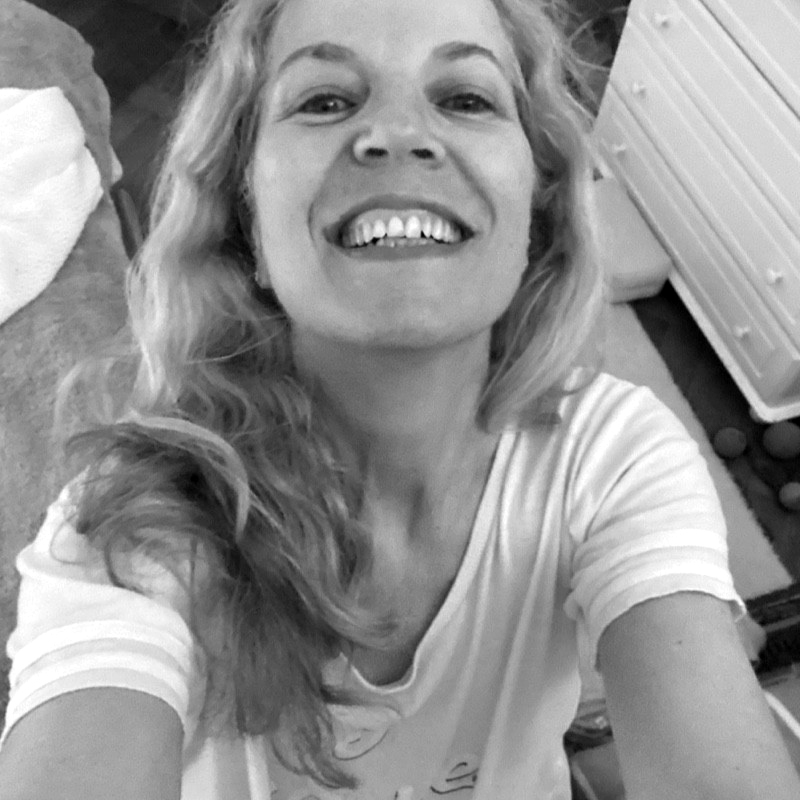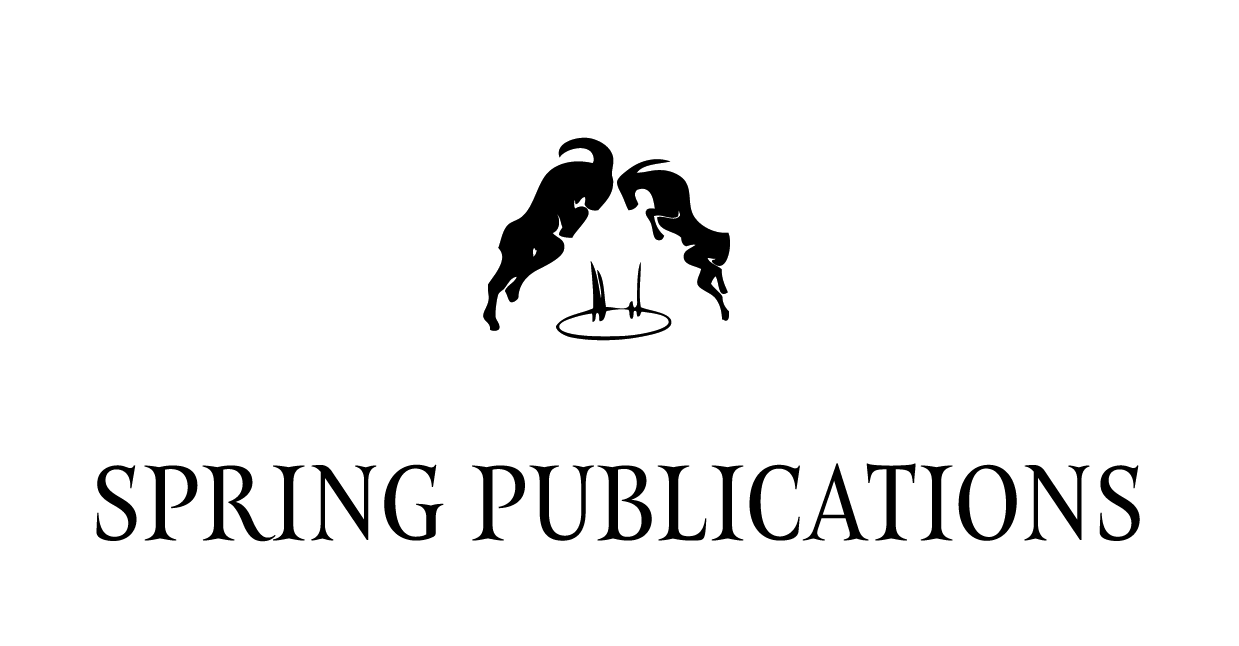ABOUT SPRING

Founder
The pioneering imaginative psychology of James Hillman (1926–2011) spans five decades. It has entered cultural history, affecting lives and minds in a wide range of fields. For the creativity of his thinking, the originator of Archetypal Psychology and author of A Terrible Love of War, The Soul’s Code, The Force of Character, Re-Visioning Psychology, and The Myth of Analysis, has received many honors, including the Medal of the Presidency of the Italian Republic. He has held distinguished lectureships at the Universities of Yale, Princeton, Chicago, and Syracuse, and his books have been translated into some twenty languages. In 2004 SPRING began publication of the clothbound Uniform Edition of the Writings of James Hillman that unites major lectures, occasional writings, scholarly essays, clinical papers, and interviews—arranged thematically.

Publisher and Editor
Klaus Ottmann is a writer, translator, and chief curator emeritus of The Phillips Collection in Washington, D.C. In 2016, Dr. Ottmann was conferred the insignia of Chevalier of France’s Order of Arts and Letters by the French ministry of culture and communication. His publications include Yves Klein by Himself: His Life and Thought, The Genius Decision: The Extraordinary and the Postmodern Condition, and The Essential Mark Rothko. In 2006 he translated and edited Yves Klein's complete writings, Overcoming the Problematics of Art: The Writings of Yves Klein. In 2010 he edited and translated F. W. J. Schelling’s Philosophy and Religion (1804), followed by, in 2020, Schelling’s Philosophy of Revelation (1842–42) and Related Texts. In 2022 he translated the first part of Christian Wolff’s First Philosophy, or Ontology (1730).

Editorial Board
Gustavo Barcellos is a Jungian analyst in São Paulo, Brazil, a member of the Associação Junguiana do Brasil-AJB and the International Association for Analytical Psychology-IAAP. He was the founding member and Editor-in-Chief of Cadernos Junguianos, AJB's annual journal, since its inception in 2005 until 2015. He is author of many books and articles in Brazil and abroad in the field of archetypal psychology, imagination and the arts, including The Sibling Archetype: The Psychology of Brothers and Sisters and the Meaning of Horizontality (2016), Psique e Imagem: Estudos de Psicologia Arquetípica (2012/2016), and the editor of Friendship and Its Paradoxes: Essays from the VI Latin American Congress of Jungian Psychology (2017). He has been professionally involved with Jungian educational and analytical institutes throughout the country, and teaches seminars in Jungian and archetypal psychology. He holds a private practice in São Paulo, Brazil, since 1985.

Editorial Board
Scott Becker is a licensed clinical psychologist in private practice and has worked as a therapist, clinical supervisor, adjunct professor, and administrator over the past 30 years at, among others, Notre Dame, the University of Oregon, the University of Rochester, and Michigan State University. He contributed the psychological commentary to the biography, The Life and Ideas of James Hillman, and has edited and introduced Volume 7 of the Uniform Edition of Hillman’s writings, Inhuman Relations. His research interests include grief and loss, complex trauma, multiculturalism, nondualism, couples and family therapy, environmental issues, astrology, and psychophysics. Dr. Becker is the author of several essays on digital technology and archetypal psychology published by The Dallas Institute of Humanities and Culture, and he is currently writing a book, Facing Monsters, that explores the intersection of globalization, climate change, digital technology, and propaganda from an archetypal perspective.

Editorial Board
Nor Hall is a writer, theater artist, and psychotherapist. Ph.D., History of Consciousness (1976). Author of The Moon & the Virgin: Reflections on the Archetypal Feminine (1981), Those Women (1988/2019), Traces (2010), and Irons in the Fire (2017). Teacher and lecturer, Dr. Hall has presented at the Eranos Institute on gender; at the Minneapolis College of Art and Design on Lou Andreas-Salomé; on the Architecture of Intimacy at the Dallas Institute. Dramaturg for the award-winning Archipelago Company in Chapel Hill since 1996 and performance research collaborator with choreographers and directors in the Twin Cities. Advisor for Pantheatre’s Myth and Theatre festivals in France, Hall co-chaired the Walker Art Center’s Producers Council. She also worked as a volunteer case manager for the Center for Victims of Torture, leads a community initiative in curating oral histories, and is distracted by fourteen grandchildren.

Editorial Board
Susanne Hillman is the third daughter of James Hillman who grew up in Zurich before moving to New York to pursue music in the late 1970s. She studied art history at SUNY Stony Brook, while auditing classes in Philosophy with Edward S. Casey. Her MA thesis was focused on Henry Fuseli, Marquis de Sade, and the Mechanization of the Body with Donald Kuspit. She received her PhD from Rutgers University with a dissertation on Rauschenberg and EAT. During this time she was also a research assistant at the Metropolitan Museum of Art. Since moving to Berlin in 2013, she has been writing poetry, deepening her studies, and coaching in the broad field of sexuality, with a particular focus on Eros and aging, rituals, polyarmory, and the many types of blissful states.

Editorial Board
Dorothy M. Kosinski is a scholar of 19th and 20th century art and Director Emerita of The Phillips Collection in Washington, D. C. Previously, Dr. Kosinski was Senior Curator of Painting and Sculpture at the Dallas Museum of Art. She was also the museum’s Barbara Thomas Lemmon Curator of European Art. For over 12 years, Dr. Kosinski was based in Basel, Switzerland, where she was a curator, scholar, and university instructor, including curator and administrator of the Douglas Cooper Collection. In August 2013, Dr. Kosinski was appointed by President Barack Obama to the National Council on the Humanities. She currently serves on the Board of the Sherman Fairchild Foundation and The Morris and Gwendolyn Cafritz Foundation. She is a Fellow of the Dallas Institute of Humanities and Culture and the author of Orpheus in Nineteenth-Century Symbolism (1989), The Artist and the Camera: Degas to Picasso (1999), and Markus Lüpertz (2017).

Editorial Board
Stanton Marlan is an archetypally-oriented Jungian analyst and clinical psychologist who has a long-time passion for alchemical and dream studies. He worked closely with James Hillman, first as his analysand and later as a colleague and friend. Dr. Marlan holds two Ph.D.s from Duquesne University, one in Clinical Psychology and the other in Philosophy. He is a training and supervising analyst with the Inter-Regional Society of Jungian Analysts, President of the Pittsburgh Society of Jungian Analysts, and past President of the American Board and Academy of Psychoanalysis. He is an adjunct Professor of Psychology at Duquesne University and a Clinical Supervisor at Duquesne’s Psychology Clinic. Dr. Marlan has lectured widely at Jungian and Archetypal conferences in the United States and abroad and has taught at the C. G. Jung Institute Zurich as well as at other Jungian institutes and universities. He has edited a number of books including Salt and the Alchemical Soul, and is the author of several books including The Black Sun: The Alchemy and Art of Darkness, and C. G. Jung and the Alchemical Imagination: Passages into the Mystery of Psyche and Soul, which was awarded Best Theoretical Book in Psychoanalysis 2021 by the American Board and Academy of Psychoanalysis. He has a private practice in Pittsburgh.

Artistic Consultant
Margot McLean is a visual artist who lives and works in New York City and rural Connecticut. She has collaborated with James Hillman on many projects, including Permeability, for the Art & Psyche Conference, San Francisco; Shadows of the Earth, Schumacher College, Totnes, UK; The Human Place in the Natural World, Nathan Cummings Foundation, New York, New York; and Dream Animals (published by Chronicle Books in 1997). Her work has been exhibited internationally (Italy, Ireland, Japan), including at La Specola Natural History Museum in Florence, Italy, in the Cathedral of St. John the Divine in New York City, and in the 2007 EVA International Biennial of Visual Art in Limerick, Ireland.

Editorial Board
SAFRON ROSSI has dedicated her life to the study of literature and mythology, fields in which she holds her degrees. She is a member of the core faculty in the Jungian and Archetypal Studies program at Pacifica Graduate Institute. Formerly, she was Curator of the James Hillman and Joseph Campbell archives. She is the co-editor of WINTER PRESS, an imprint of SPRING PUBLICATIONS based in Arroyo Grande, California; the author of The Kore Goddess (2021); co-editor of Jung on Astrology (2018); and editor of Joseph Campbell, Goddesses: Mysteries of the Feminine Divine (2013). Dr. Rossi is also an archetypal psychological astrologer. More about her work can be found on her website, The Archetypal Eye.

Editorial Board
Glen Slater is a core faculty member at Pacifica Graduate Institute where he has, most recently, chaired its Jungian and Archetypal Studies program. His work as a teacher in depth psychology spans three decades. Dr. Slater is the co-editor of WINTER PRESS, an imprint of SPRING PUBLICATIONS based in Arroyo Grande, California. His publications have appeared in a number of Jungian journals and essay collections, and he edited and introduced Volume 3 of the Uniform Edition of Hillman’s writings, Senex & Puer, as well as co-editor of Varieties of Mythic Experience: Essays on Religion, Psyche and Culture (2008). His most recent book, Jung vs Borg (2024) explores the deeply human in an posthuman age. Beyond his work in Jungian and Archetypal Psychology, he writes on psyche and film as well as the psychology of technology. He lectures internationally in these areas of interest.

Editorial Board
Sylvester Wojtkowski is a clinical psychologist and a Jungian psychoanalyst in private practice in New York City. He is a founding member of the Jungian Psychoanalytic Association (JPA) where he is a seminar instructor, control analyst, and supervisor. He teaches nationally and internationally on the subject archetypal psychology, imagination, and art. He presented on several international conferences on Jung and art, on Fellini, on Banksy, and on the poetry of Rainer Maria Rilke. Dr. Wojtkowski is on the faculty of the C. G. Jung Foundation for Analytical Psychology and has presented on numerous national and International (IAAP) conferences for Analytical Psychology. In October 2008 he was the Mary Weir Lecturer at the Texas University in San Antonio. His recent publications include “Deconstructing the Monstrous” in Archetypal Psychologies, edited by Stanton Marlan (2008); “Dwelling Imaginally in Soulless Times: An Appreciation of the Work of James Hillman,” ARAS Connections 1 (2012); and “Federico Fellini and the Giantess—Individuation of the Monster,” ARAS Connections 4 (2017).
